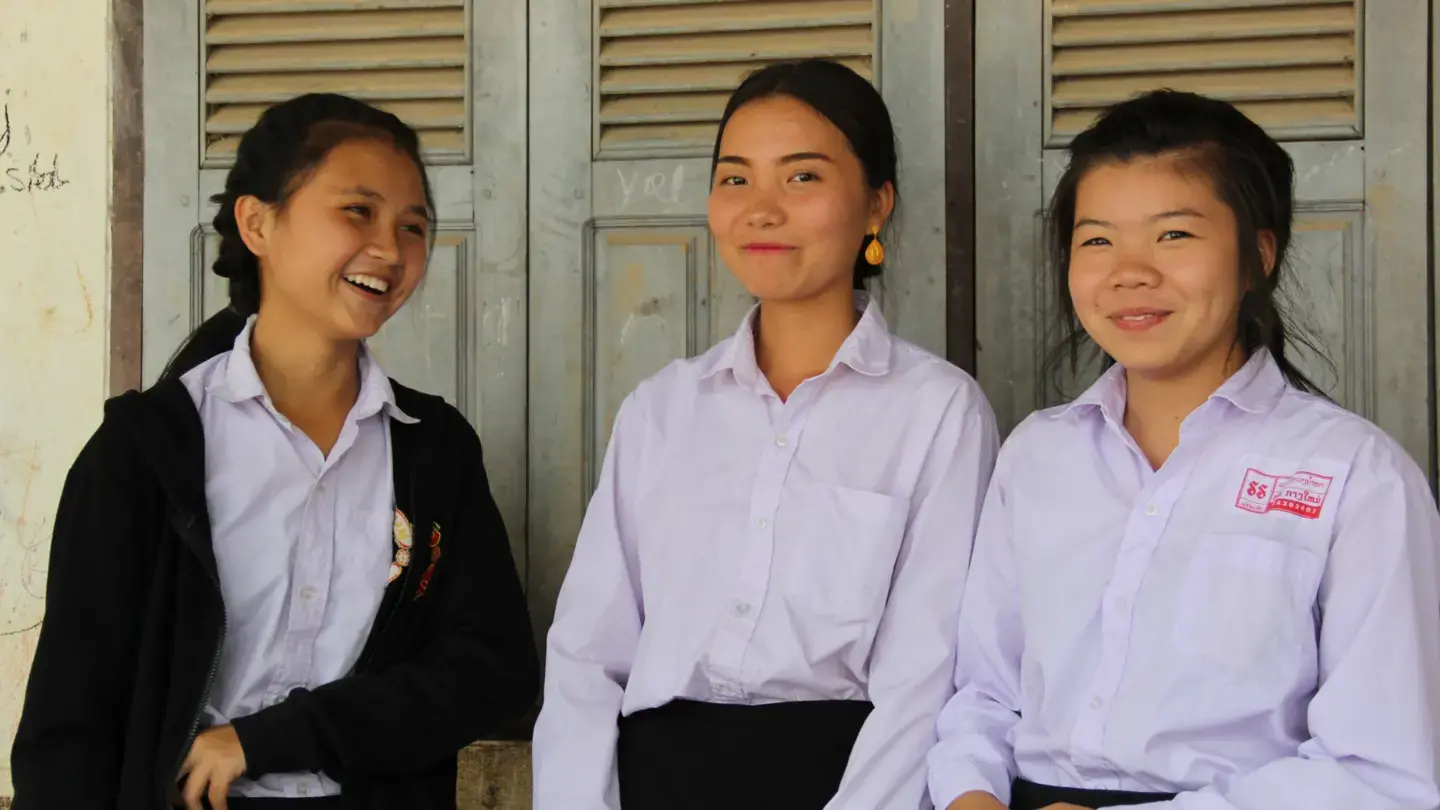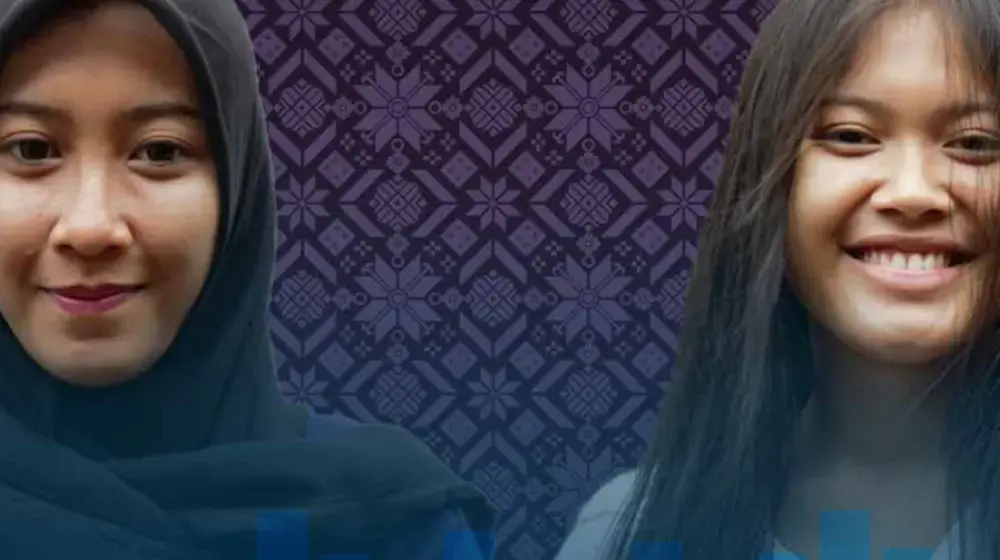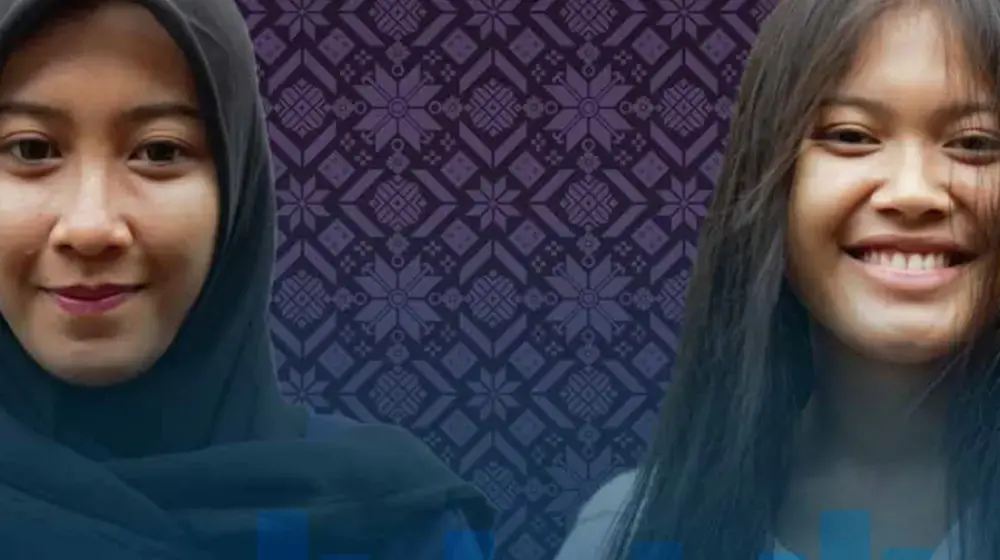Our world is home to 1.8 billion young people. More than half of them live in Asia and the Pacific. Join us behind the numbers and meet some of the incredible young people that make up our diverse region as they talk about what's on their mind today, and what their fears and hope are for tomorrow. How we meet these and every young person's needs and aspirations and enable them to enjoy their rights will ultimately define our common future.
Find out more in UNFPA's State of World Population 2014 report "The Power of 1.8 Billion: Adolescents, Youth and the Transformation of the Future".
Myanmar - Chan Chan (19)

"Despite my illness I want to go to university and become an educated person, so that I can help others. I did not give up my life when I found out I had HIV/AIDS, and I strongly believe that there is no reason to give up on your hopes just because you are living with the disease. Also I do not think myself as the only one living with HIV/AIDS. I keep telling myself that I can do it and I live each day thinking what is next and what I should do achieve next."
Chan Chan, 19, contracted HIV when she was only 9 years old from an injection with a used syringe at a local clinic in her native state of Rakhine. With determination and poise, she is forging ahead. Her dream is to become an advocate by educating and changing people’s perceptions about HIV/AIDS.
Chan Chan is on track. Last year, she was selected to attend a ‘Youth Leadership Training’ organized by the Myanmar Youth Star network with support from UNFPA. She continues to be tirelessly involved in activities to raise awareness about HIV/AIDS.
Photo: Benny Manser/UNFPAMyanmar
Bangladesh - Marena (18)

“ I will make sure my daughter completes her education and has a bright future. I never went to school because my family was very poor and could not afford it. So now at 18 I am married with a baby and I do household work while some of my friends are still in school. The love and affection my husband and I shared when we got married is now replaced with anger and frequent beatings. I don’t want the same fate for my daughter. I want her to study.” Marena, Bangladesh
Marena,18, is currently enrolled in Bangladesh’s Maternal and Newborn Health Initiative, a UNFPA-led joint programme that creates community support systems to raise awareness among young people and their parents about sexual and reproductive health issues, including gender-based violence and child marriage.
Photo: Asma Akter/UNFPA Bangladesh
Papua New Guinea - Benaiah (24)

Benaiah, 24, is a peer educator at the University of Papua New Guinea and he’s passionate about changing mentalities toward sexual and reproductive health and rights. With more than half of the population under the age of 25, Benaiah’s dedication can have an invaluable impact on his country’s future development. Read more here
Photo: UNFPA PNG
Viet nam - Vu Thi Quyen (25)

“I have been thinking a lot about my future, my job, health, family and marriage. I have a stable job for a single life, but because of my condition, I hope that my health doesn’t get any worse.”
“Marriage worries me the most. I am dating a disabled man and my friends ask me why I don't date someone who is not a disabled. But I believe that life and love can never be always as you want it to be. Also, for someone like me, I need a lot of empathy and sharing.”
Investing in young people means inclusive development that promotes equal opportunities for all young men and women.
Malaysia - Young girl at HPV vaccine drive

A young girl receives her HPV (Human Papilloma Virus) vaccination at Malaysia’s Putra University in Serdang, Selangor.
Malaysia is one of the first countries in Asia to introduce a National HPV Vaccination Programme to prevent cervical cancer. More than 850,000 girls aged 19-21 have been vaccinated through the programme in the past four years.
Photo: Nor Mazlan Bin Mohd/Population and Family Development Board Malaysia
Afghanistan - Nabiullah (24)

“The banner read ‘literacy’ and that is all I understood.”
That was the day Nabiullah, 24, decided to enroll in a literacy programme organized by the Ministry of Education in Kabul, Afghanistan. Since then, he splits his time between his family, his job as a security guard and classes.
A father to two daughters, he hopes that they will have a brighter future. “They should get a good education so they can serve their country in the future unlike me who suffers from the consequences of not studying, who has to work day and night. A developed and safe Afghanistan will benefit the world at large.”
Photo: Rada Akbar/UNFPA Afghanistan
Nepal - Indrawati (17)

Indrawati, 17, is a tireless advocate battling girl child marriage in her village in the Kapilvastu district in Nepal. These are some of the things she had to say about her hopes and fears today and for the future:
How are you different from your parents’ generation? "I can demand my rights, but they could not."
What are you afraid of for your future? "Discrimination and inequality just because I am a woman."
What gives you hope for your future? "An increasing level of awareness among adolescent girls of their basic rights and needs."
There are many girls like Indrawati across Nepal who tirelessly advocate for their rights and talk to their parents and their communities about the harmful consequences of child marriage and adolescent pregnancy on health, education and the earning potential of girls.
Kapilvastu is one of 18 districts in Nepal where UNFPA supports programmes related to child marriage and adolescent sexual and reproductive health, including a Child Marriage Free Villages campaign.
Photo: Santosh Chhetri/UNFPA Nepal
Timor-Leste - Luizinha (21)

“We, the youth, should take the lead in building the foundation of our future and we should not allow idleness to prevent us from accessing the available information and skills to do the job.” - Luizinha, 21, Timor-Leste.
Photo: Fitsum Tesfaye/UNFPA Timor-Leste
Bhutan - Sonam (left) (15)

“As a young person today, I am most afraid of being unemployed in the future, of not being able to live up to my parents’ expectations. Our parents educate us with the hope that we will bring joy and change our fate but when there’s a lot riding on us, we feel afraid that they are asking too much.” Sonam (left), high school student in Bhutan.
Photo: Kinley Dorji/UNFPA Bhutan




